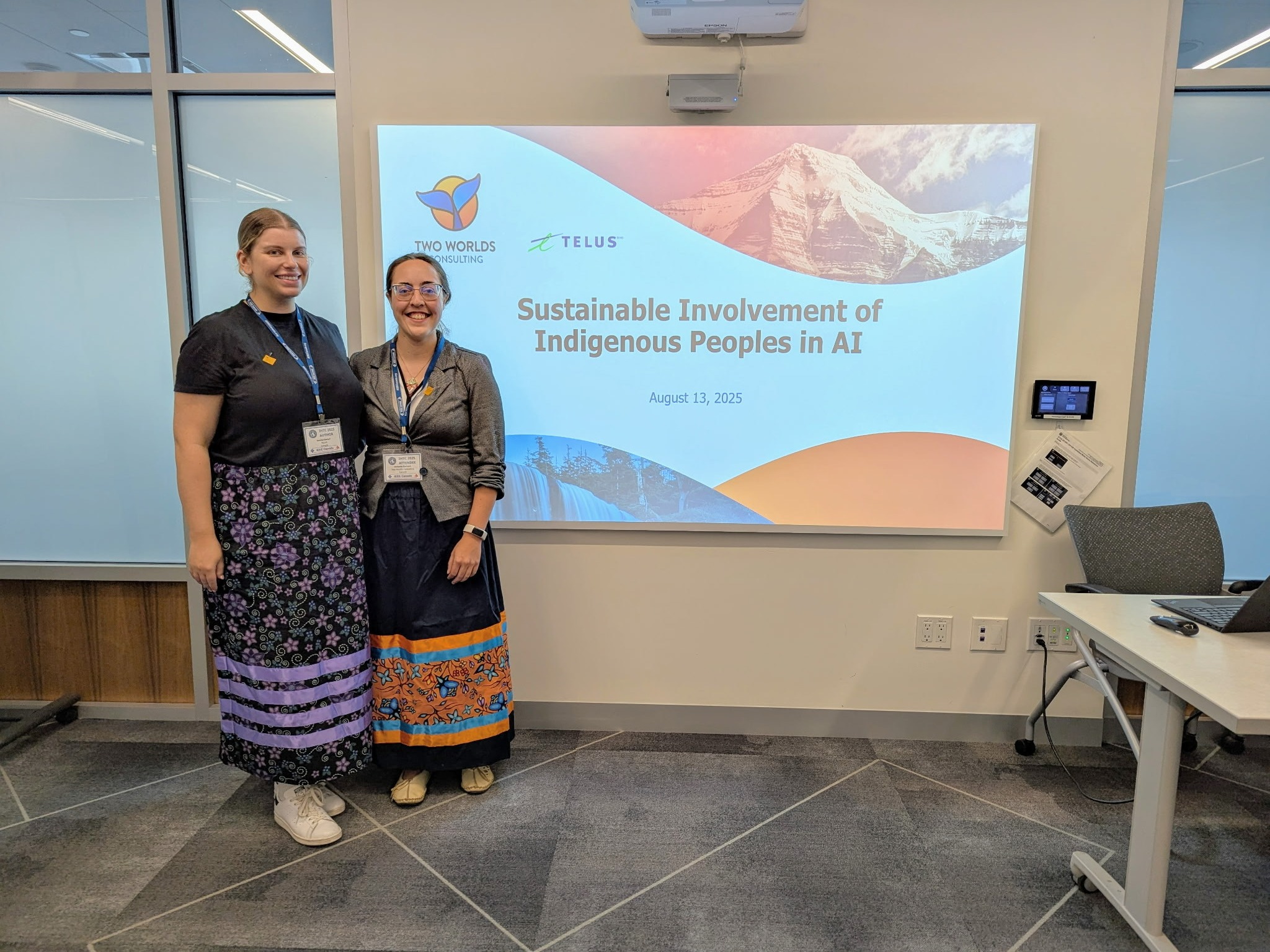
Connecting Canada
How Ed-Tech is creating more inclusive communities
Dec 7, 2022
We are at the brink of a new era for education.
The past decade has seen a growing enthusiasm for diverse educational solutions, from those that cater to varied age groups and subject areas to “on screen” learning platforms such as
Coursera
and MOOC
. The pandemic further accelerated our adoption of new learning and teaching technologies, with digital innovations filling the existing void left by conventional teaching methods and
opening access to education when schools and institutes had to physically shut their doors. According to some reports
, student retention rates even increased by 25 to 60 per cent. What is behind this shift in how we perceive, consume and deliver education? Education technology, or ed-tech.The emergence of ed-tech is a financial and impact area that is about to have its moment in the spotlight. Last year, the global ed-tech market had an
estimated value of US$74.2B
. This is now expected to almost quadruple in the next 10 years, with 46 per cent of the growth
originating from North America. Venture investment is also following this trajectory, with over 33 ed-tech unicorns produced since 2010
and US$8.2B raised by U.S. ed-tech companies in 2021 alone – nearly four times more than in 2020
.
For those of us in the impact space, ed-tech offers an exciting look at what technology can do in reimagining quality education for the future and creating more inclusive communities. As we see more ed-techpreneurs enter the ecosystem, the growing crop of innovations being introduced has the potential to close existing gaps in education concerning areas of accessibility, personalization and lifelong learning.
Breaking down traditional barriers to education is one of the most impactful ways ed-tech is helping pave the way for progress. Broader ed-tech adoption helps dismantle limitations such as cost, location and opportunity, allowing for education to reach new audiences and level the playing field. The use of these hyper-engaging, tech-based education formats has also proven effective in helping motivate learners, which is especially useful for those who may not find success in a traditional school setting.
Take
EliteGamingLIVE (EGL)
for example, a North American eSports company at the intersection of eSports and K-12 STEM education, and one of our portfolio companies at the TELUS Pollinator Fund for Good
. EGL paves the way for more diverse representation in STEM by using technology and gaming, or “gamified learning,” to enable equal access to education and training for students of all backgrounds. The EGL program is designed for passionate student gamers in grades three to 12, offering a virtual eSports League that is fun and competitive, and helps students to discover their potential and interest in STEM, an industry that has long dealt with a history of under-representation
.Ed-tech not only opens new possibilities for communities that are disproportionately affected by generations of low access to education, but it also helps ensure that education is tailored or customized to individual circumstances and needs, and that underemphasized or lagging learning outcomes are delivered effectively.
According to some reports,
average literacy and math scores dropped significantly
during the pandemic, creating a need for educators to address these specific concerns while ensuring their students are able to catch up to the current curriculum. With ed-tech, learners have the opportunity to build on isolated skills and catch up on learning targets, leveraging tools that can address and adapt to an individual’s learning journey and focus.Our portfolio company
Shoelace
is a Nova Scotia-based company that uses hyper-engaging video games to make learning more effective, with proven improved outcomes, especially in reading and literacy. The company makes use of tools and analytics to guide students’ learning journeys, customizing learning based on progress and milestones achieved. Their proprietary game, Dreamscape
, is designed to be played both in the classroom and at home, engaging children, particularly from grades 3-8, to develop important comprehension skills via a fun, interactive platform.For
Moozoom
, another portfolio company in the ed-tech space, the focus remains on leveraging technology to enable social-emotional learning, which has seen a rise in need over the course of the pandemic. The pandemic had a major impact on children’s mental health. The rise in screen time, social media use, and declines in social interaction, has all led to a greater risk of mental health issues, with 80 per cent of parents reporting concern
for their children’s mental, social and emotional health.
What this Montreal-based company does to address this gaping need is create interactive and innovative experiences that invite participants to “choose their own adventure” via its social emotional learning (SEL) video platform, improving students’ mental and emotional wellbeing. By adopting this transformative approach to SEL, Moozoom allows students to acquire social and emotional skills virtually by observing other kids' real behaviors in the context of highly engaging and culturally relevant narratives, which lays the foundation for lifelong learning opportunities that begin at a young age.
In fact, the impact and application of ed-tech goes well beyond a traditional classroom. We have seen an exacerbation of the need for, and the potential of, quality virtual educational opportunities, whether to engage children in an online school setting, or to upskill people in the workplace and facilitate work readiness and career advancement, or even prepare them for a job or industry switch.
Terra.do
is one such company that is leveraging technology to help individuals develop practical skills to be ready for jobs, specifically in climate sectors. Working towards a mission to get 100 million people working in climate by the end of the decade, this Pollinator Fund portfolio company is an ed-tech disruptor that is changing the way people and companies are matched with each other by offering intensive learning programs for climate job-seeking individuals, while also creating a strong community of industry professionals, all focused on helping more people transition into the industry.With its broad application across different industries and demographics, there is no doubt that we are only beginning to see the true potential of ed-tech, in the classroom and at the workplace, or home office. In fact, companies and individuals that are increasingly seeking out ways to incorporate social impact in their learning and actions may find that ed-tech could be the key to unlocking greater collaboration and interaction to allow them to make a real difference in their communities, especially those in underserved markets.
This story originally appeared on
Impact Entrepreneur
.Meet the author
Blair Miller
Managing Partner, TELUS Pollinator Fund for Good

